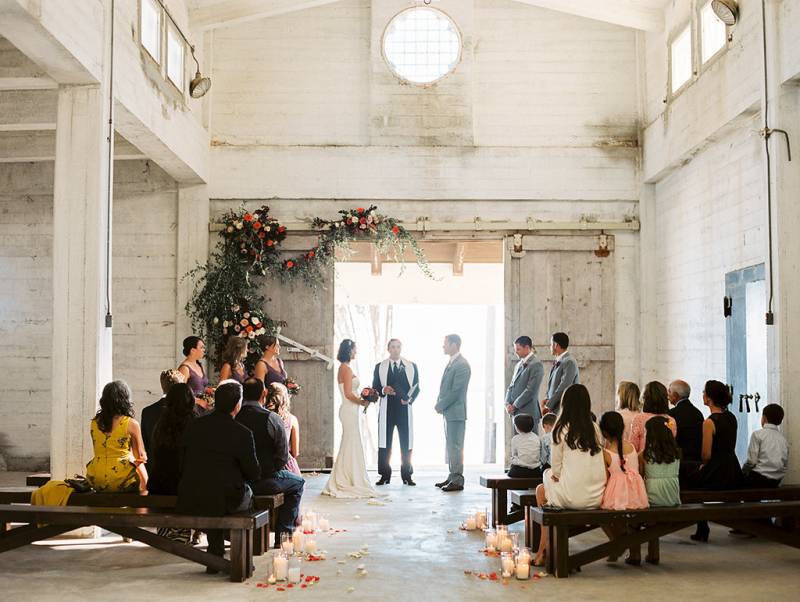
Central Coast wedding officiant Thomas Allen of Something True, who has officiated over 100 weddings in the past decade, shared with us 5 roles that a wedding officiant plays to make your big day special and smooth. In the hustle and bustle of the "modern wedding", the officiant is sometimes both "the forgotten man/woman" ("Do we have someone to marry us?"), and an unknown worry point ("What do you think he or she will say?"). And with all the other moving parts in a wedding, that just shouldn't be. Keep reading to learn the 5 roles and goals of a wedding officiant!
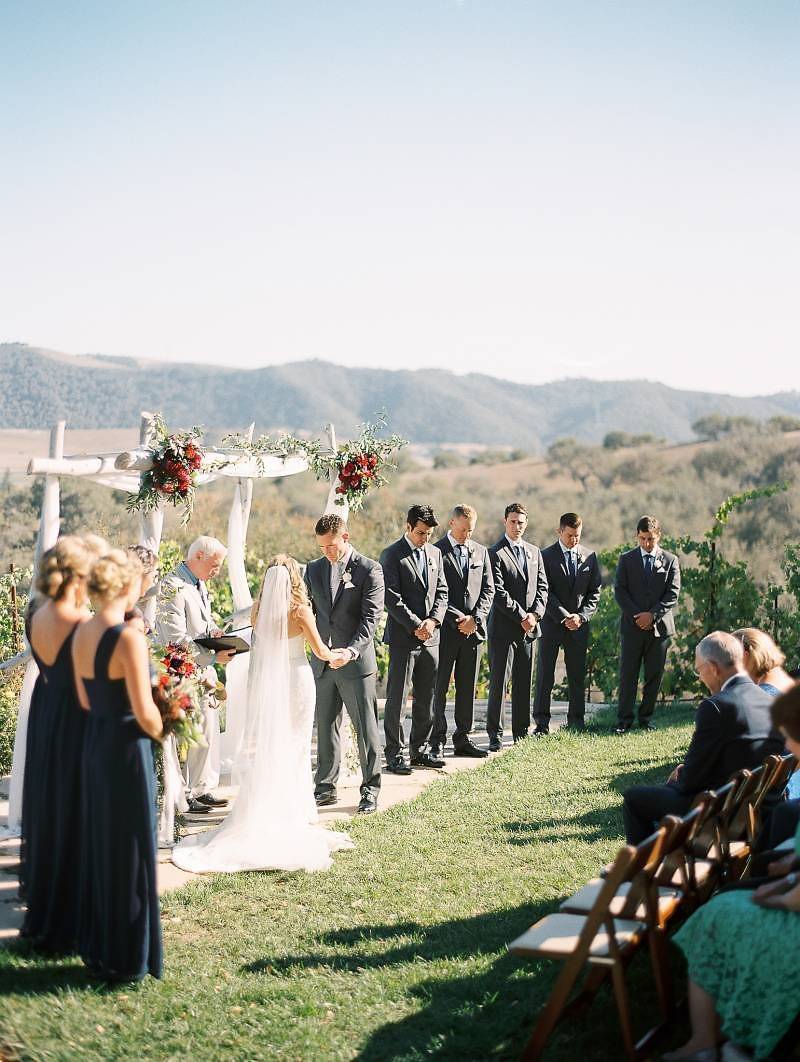
1. Mirror of the couples desires and expectations.
The officiant is a mirror of the couple's desires and expectations for their ceremony, their "special day." Sometimes couples need a little help fleshing this out, but in the process the officiant assures them that they are heard, supported, and all other worries they might have - from the cake to traveling family members to the weather - not not be worried about.
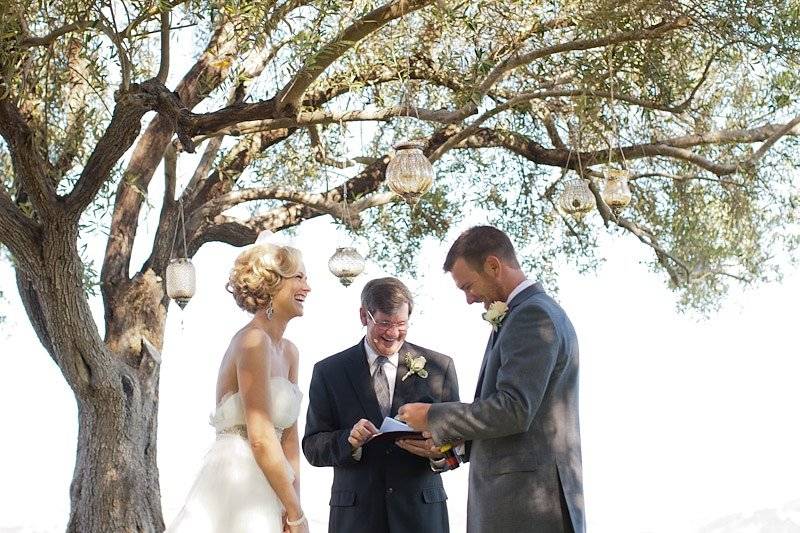
2. A friendly reminder that the wedding is all about the couple.
The officiant is a friendly reminder that the wedding is all about the couple. I try to get as many details from my prospective couples about their big day as possible. The number of guests and participants in the wedding party, apparel colors, what guest is coming from the greatest distance, and of course, their story . Aside from being an information goldmine in putting together their ceremony, it reconnects them to the joy that has brought them to their wedding day!
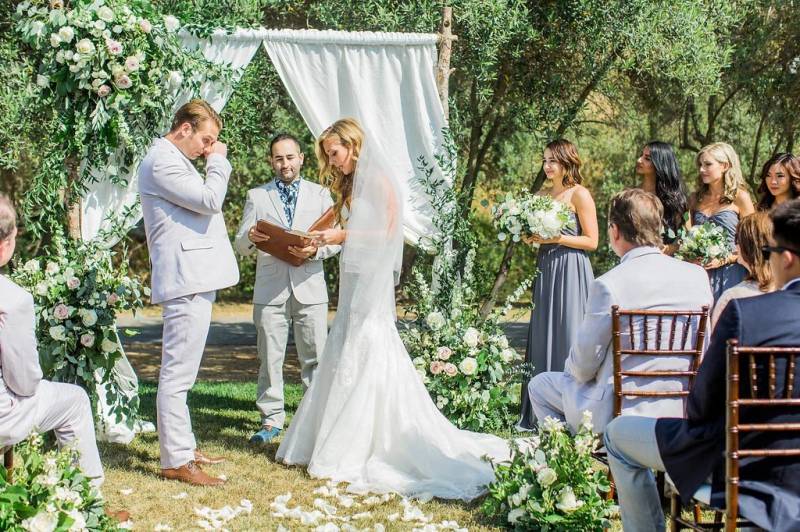
3. The "anti-stress pill"
The officiant is the on-site "anti-stress pill" at the rehearsal and the wedding. I'm often in a position to watch the culmination of all the work going into a wedding get a little wonky sometimes. You see agitation and worry up close. Coordinators are great in their organization skills and those of their staff, but sometimes the swirl of activity is nearly overwhelming. This is a great place for the officiant to unobtrusively say something reassuring, pat a back, give someone a bottled water, and other gestures that say, "All will be well."

4. The ceremony flow master.
One of the most important tasks of the officiant is to explain and define the flow of the ceremony, the rituals, the ebbs and flows, vows and rings, etc. - adding requests if necessary, and giving the couple a sense of time and space for that event. While this is also done at the rehearsal, most facets of the ceremony are already in place, and so the couple can go "into the moment" with confidence.
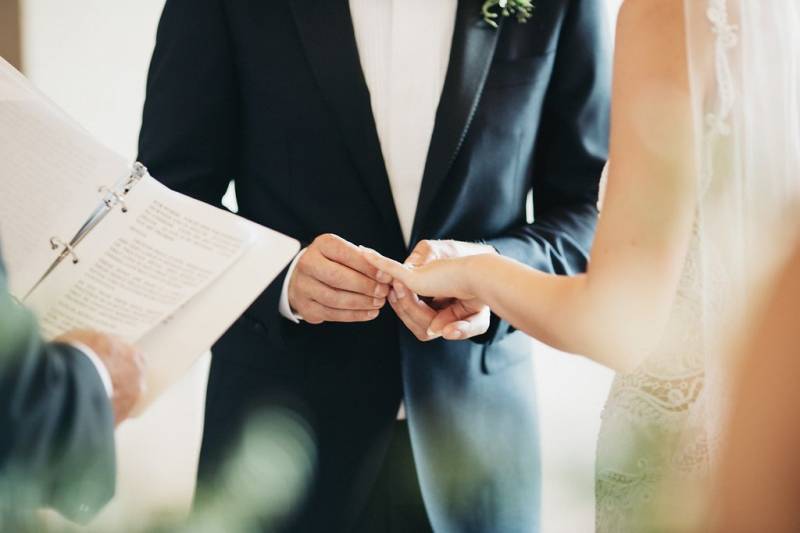
5. The Public Service Announcer.
Last of course is the moment of truth. This is when the officiant becomes the spotlight, the "public service announcement", the moment of truth where the "dearly beloved" guests - involved witnesses - are gathered, asked to become part of, and focused on the ratification of this wonderful and joyful moment. This is a call to involvement of both the bride and groom AND the attendees. This is the point where all see, feel, and ratify the couple, the wedding.....the day (and I have the best seat in the house).
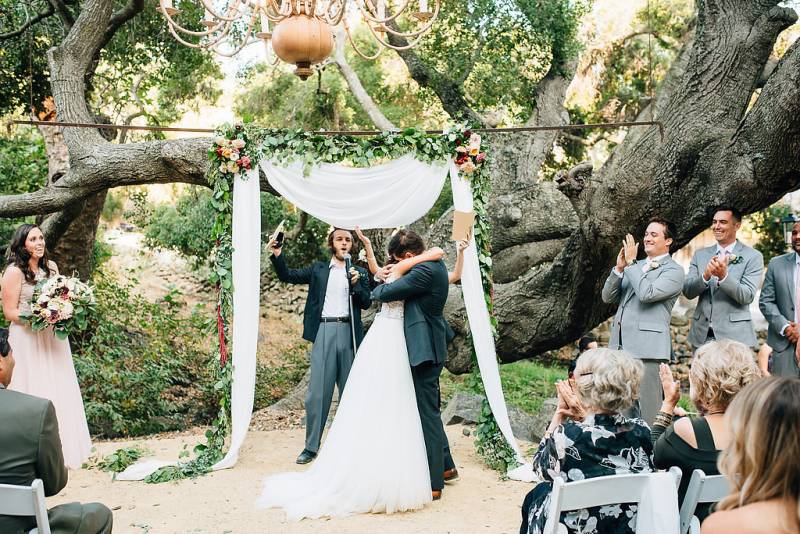
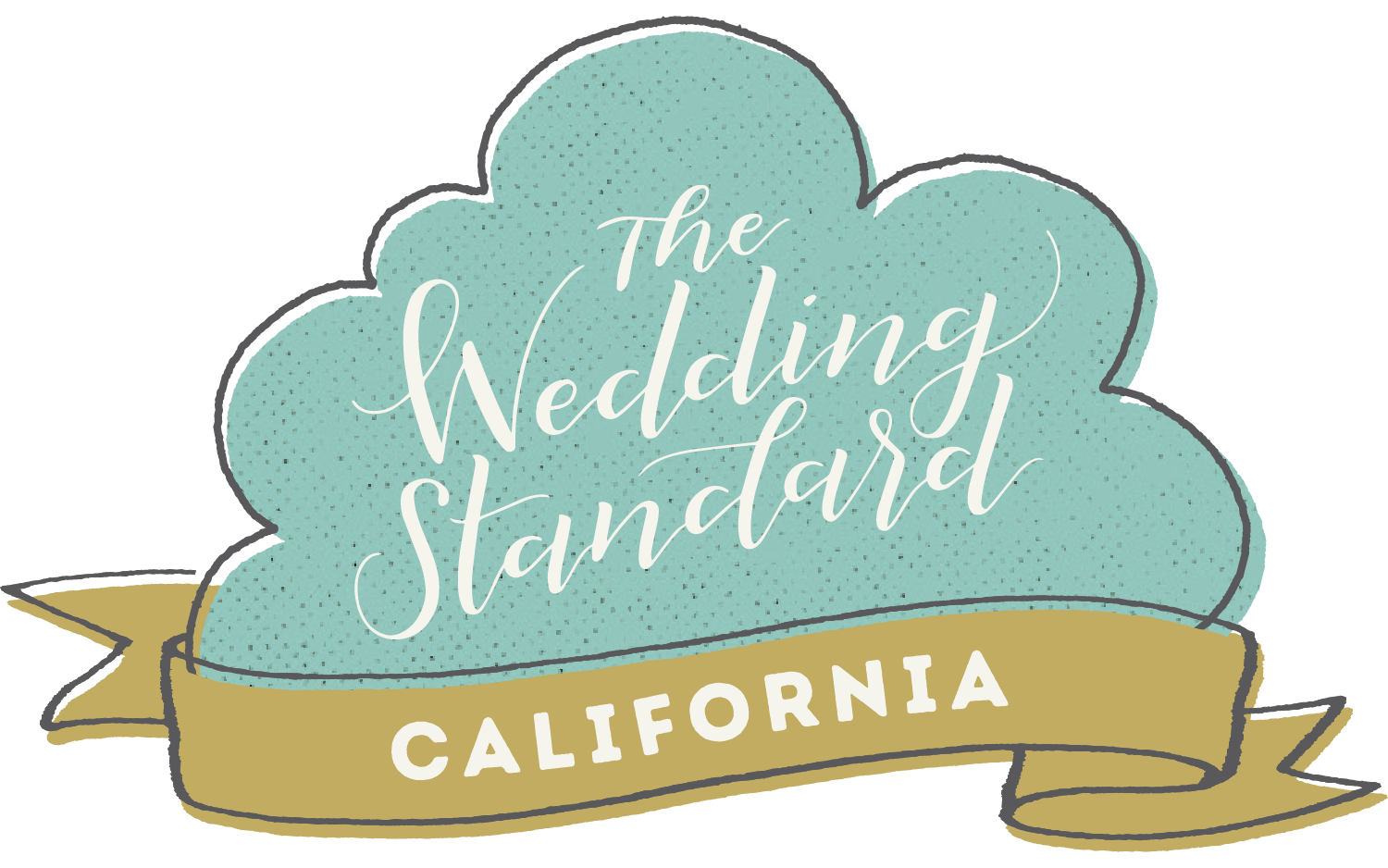

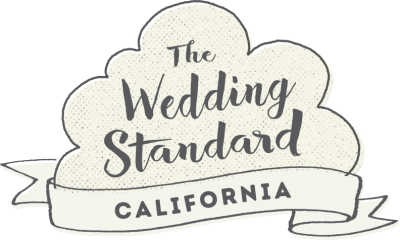


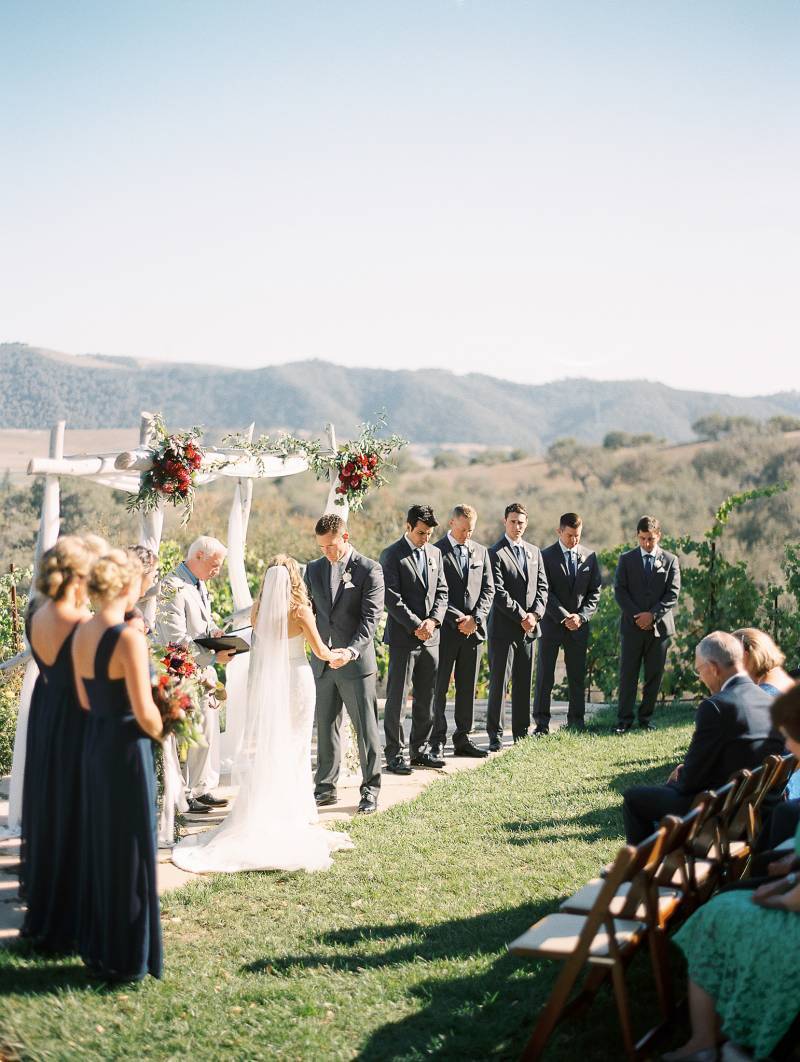
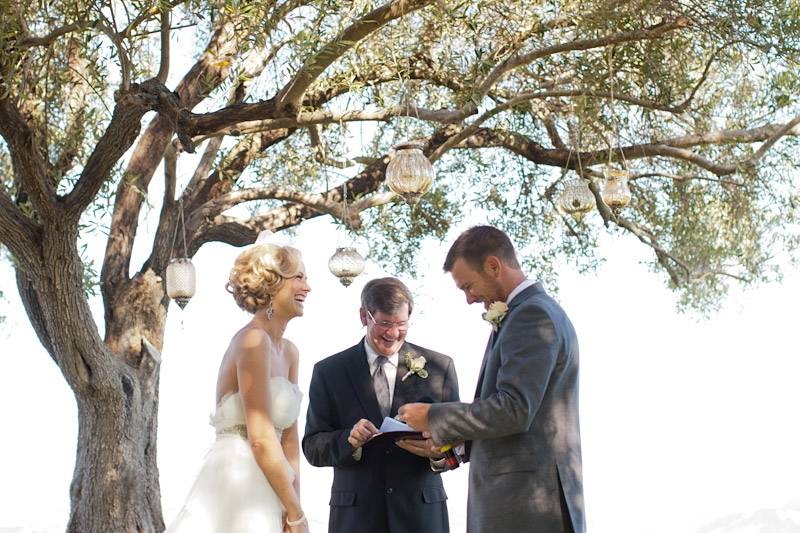
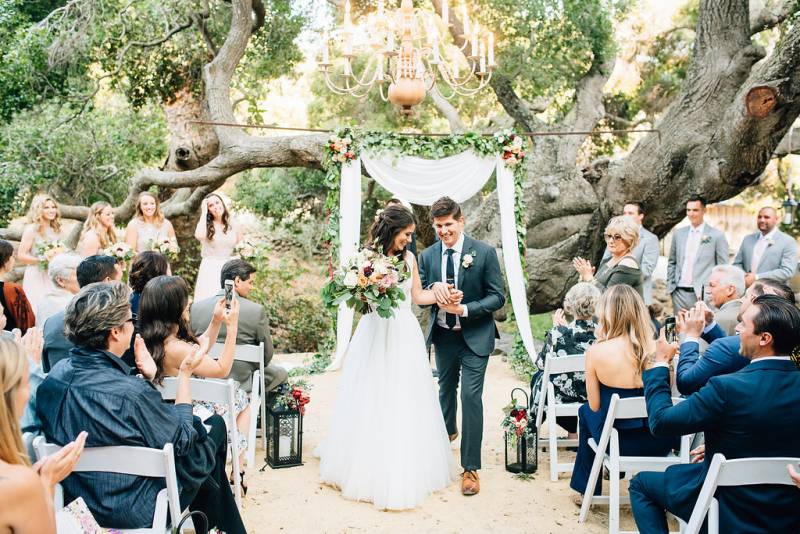

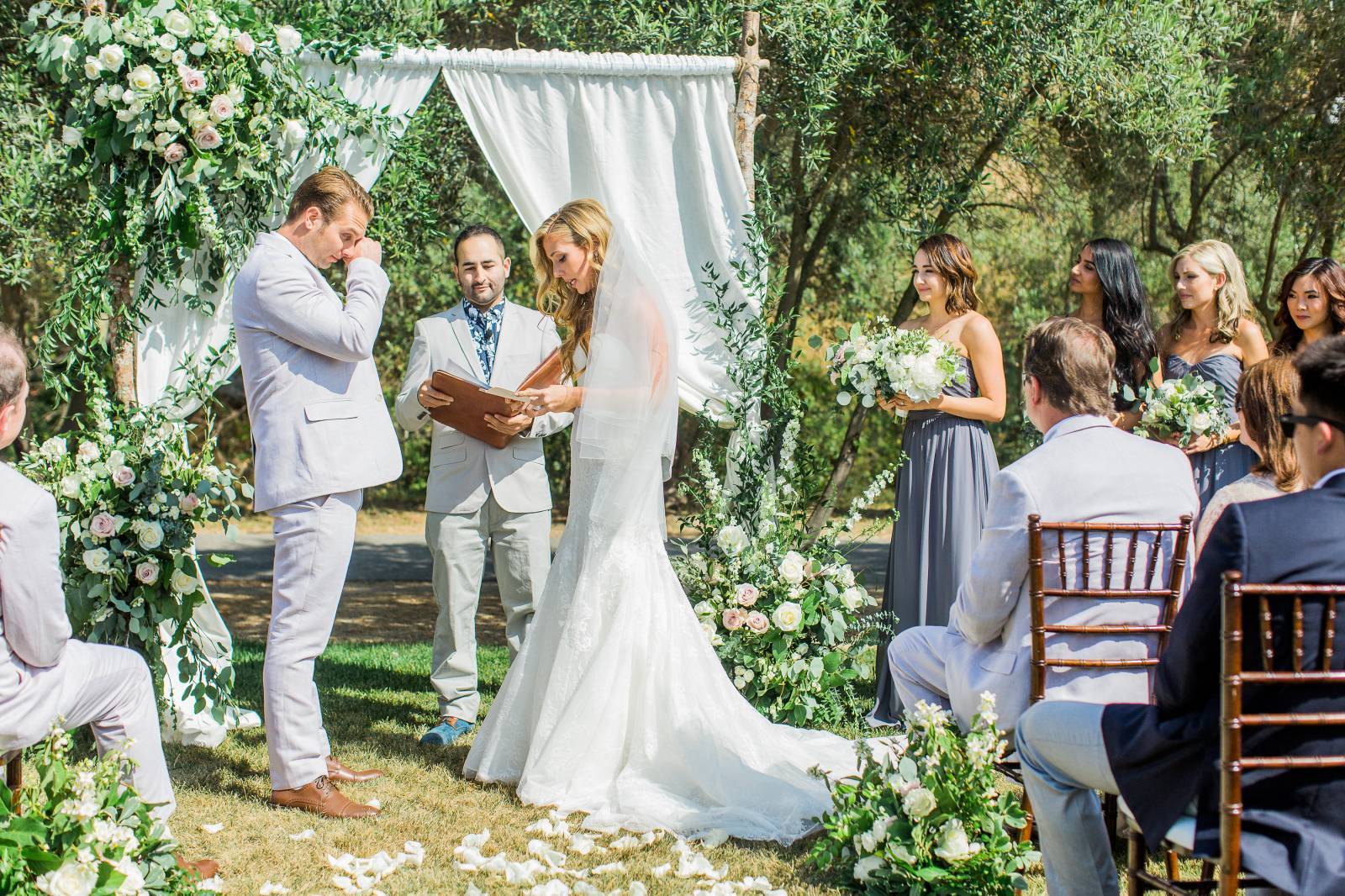

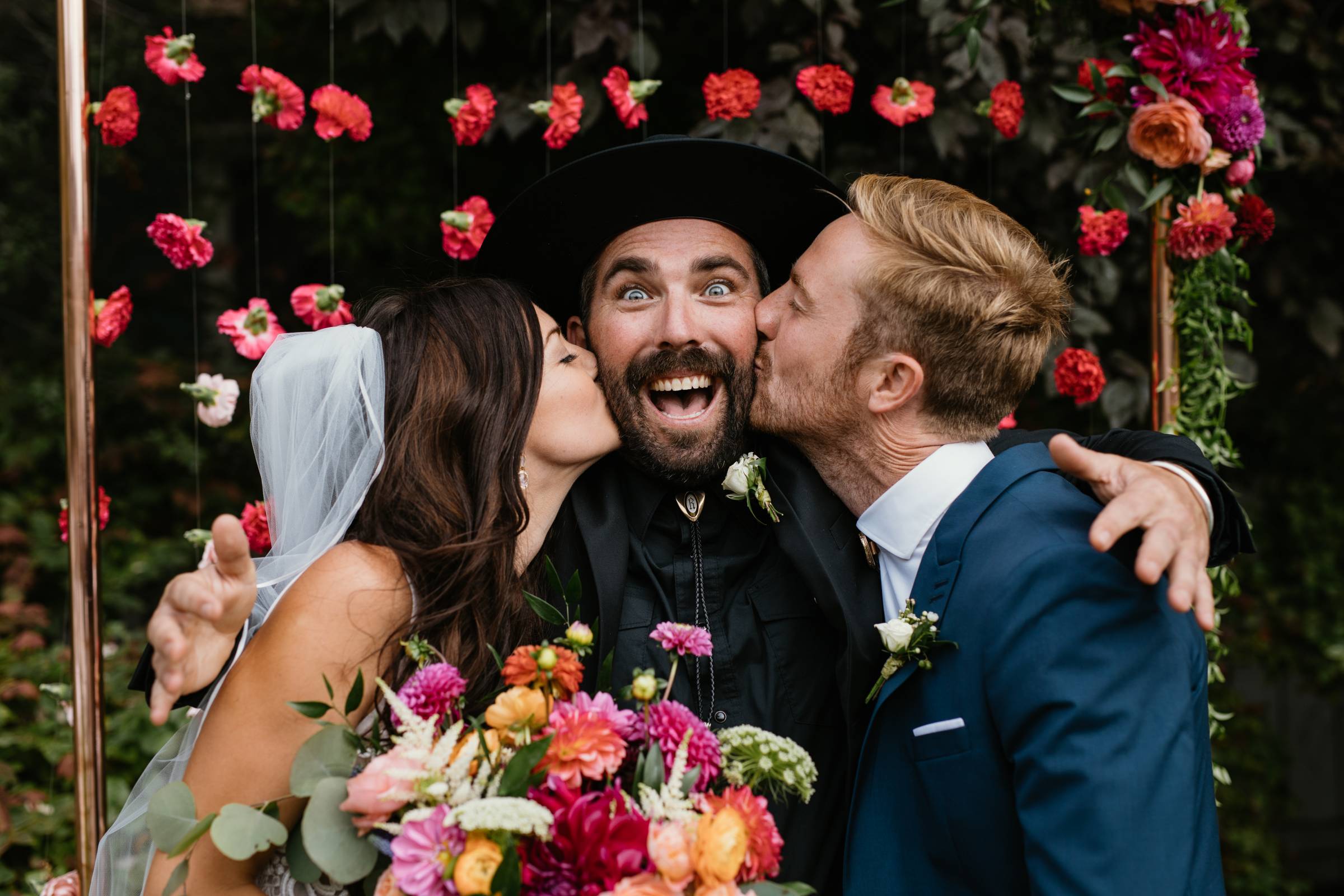
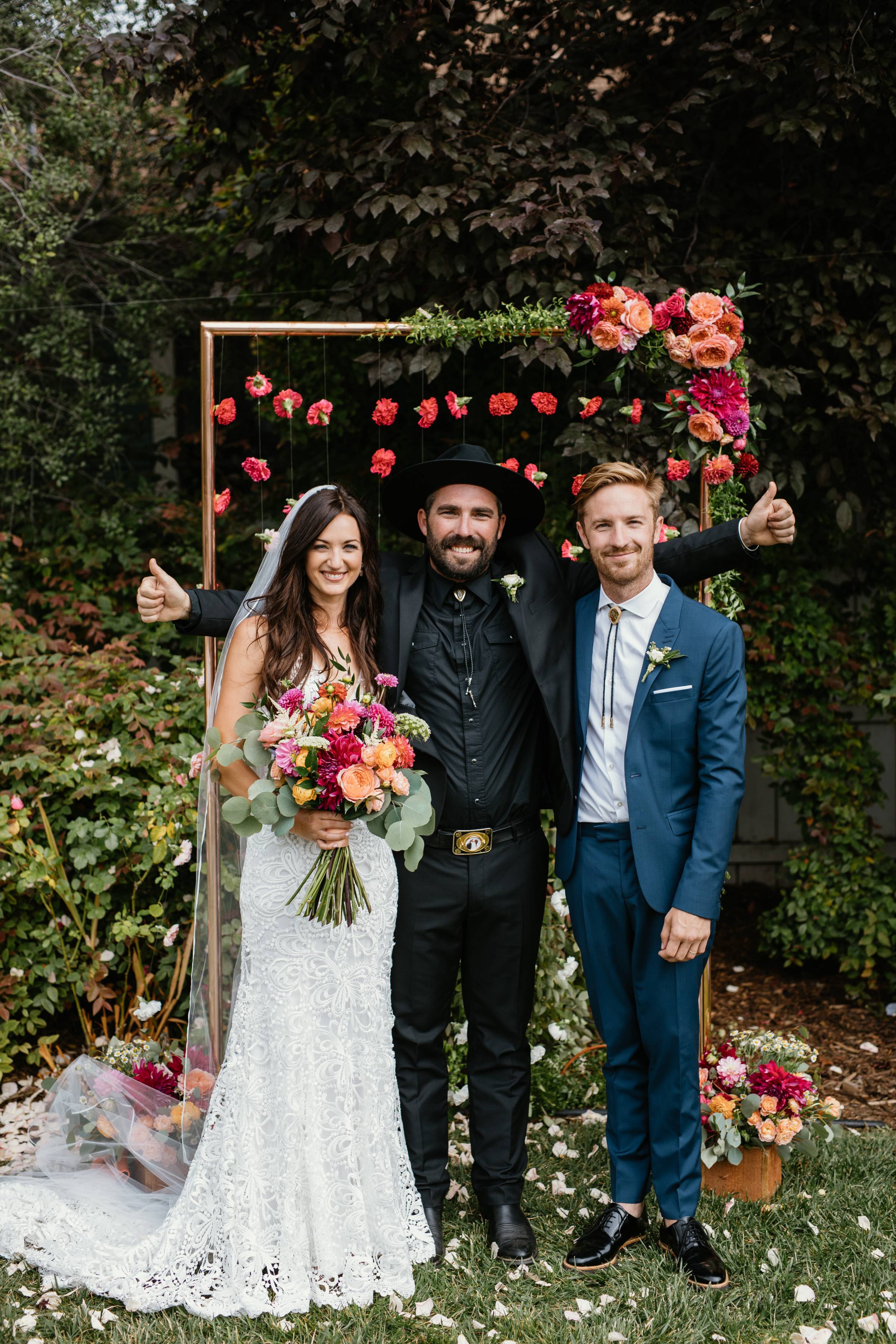










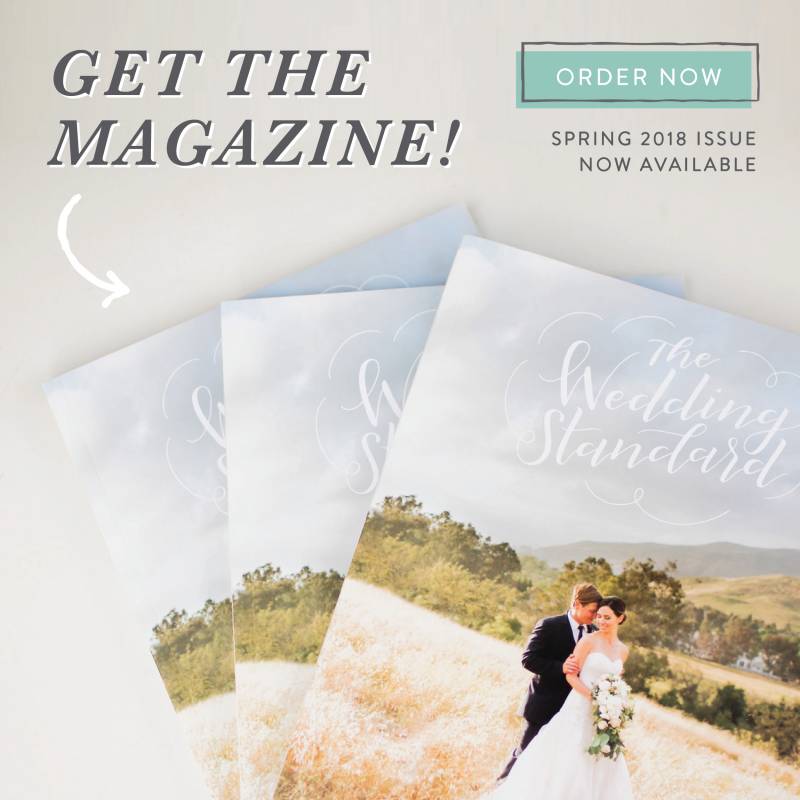



Leave A Comment
Comments (1)